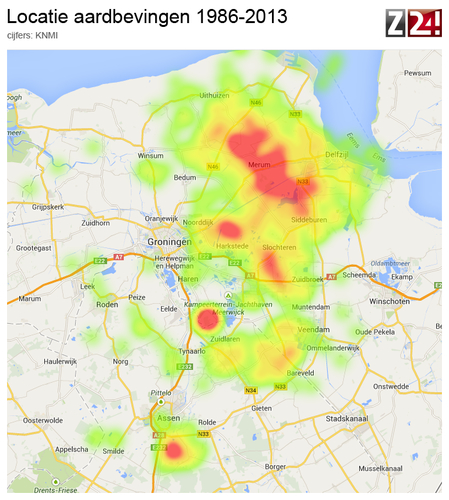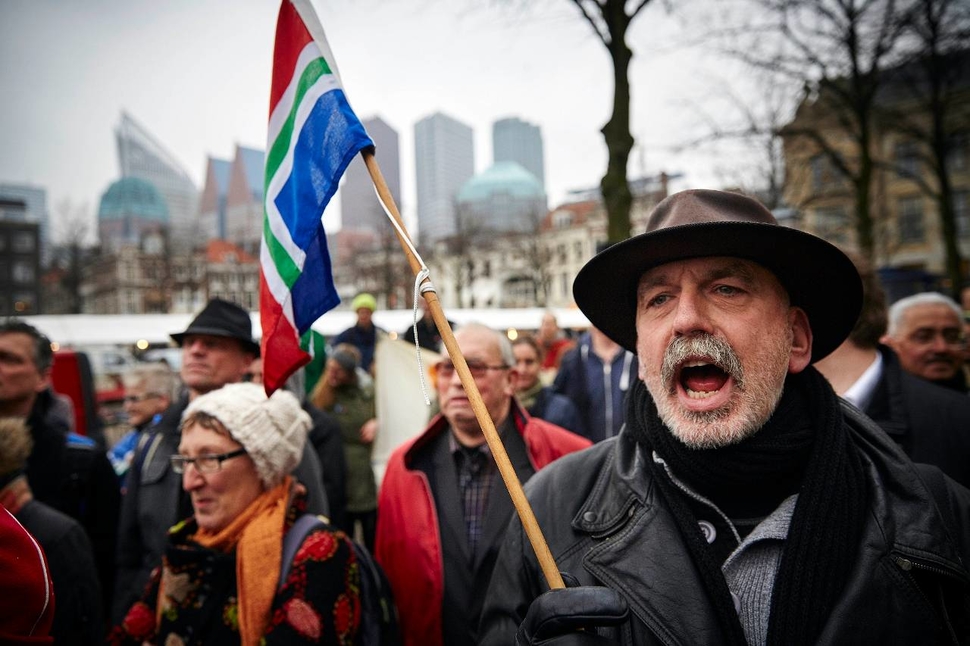About 8 years ago, in the autumn of 2007, me and my family moved away from a small village in the northeast of the province of Groningen. We moved to the city, about 20 kilometers towards the west, where already 3 out of 4 children went to school and my parents had a job. We found a nice house in the center of the city, and luckily our house in Wirdum, as the village is called, was sold in about 3 months’ time.

All this is the consequence of the extraction of gas from an exceptionally large field just below the surface, discovered in 1959 near Slochteren. This gas has since then been a large source of income for the Dutch government and has been the main reason that in the 70s, already 75% of Dutch households had access to gas. The economic benefit of the Slochteren gas field for the treasury has been estimated at €211 billion and is still increasing.
Next to these monetary benefits, another advantage of the gas field is that we do not depend on Russia or the Middle-East for our gas supply, in contrast to for example Germany. Therefore, political instabilities like the Ukraine-situation affect us less.
Sounds good in the ears of our politicians in the Hague, but it is the population of Groningen that pays the price for the gas extraction. Their safety is on the line, as well as the economic prosperity of the region. But it is clear that for the government, money and an independent position weigh more than the safety of our own people. Although gas extraction has been brought back by about 40% over the last two years, this is not enough to make the earthquakes stop. But extraction won’t be brought to a halt completely until the first accidents will already have happened.
What worries me the most is that their reaction would probably have been completely different if the gas field was located underneath The Hague instead of Slochteren. I empathize with the Groningers who believe that their lives are valued less by our government than those of people in less remote areas. Our politicians don’t care that much about Groningen, simply because it is too far away. And their credibility didn’t increase when two members of parliament came up with the brilliant idea to make all Groningers move to adjacent regions and to turn Groningen into a national park, so that the gas production could be maximized.
Hopefully the Dutch government will quickly come to their senses and make a proper Cost-Benefit Analysis, where the right price is put on the lives of the inhabitants of Groningen. Then they will see that in this case, risks outweigh benefits and that they should start focussing their attention on alternative energy sources. So that I will be able to go back to Wirdum one day, and still see the house where I grew up standing.
Image: Groningers demonstrating against gas extraction in their region.
